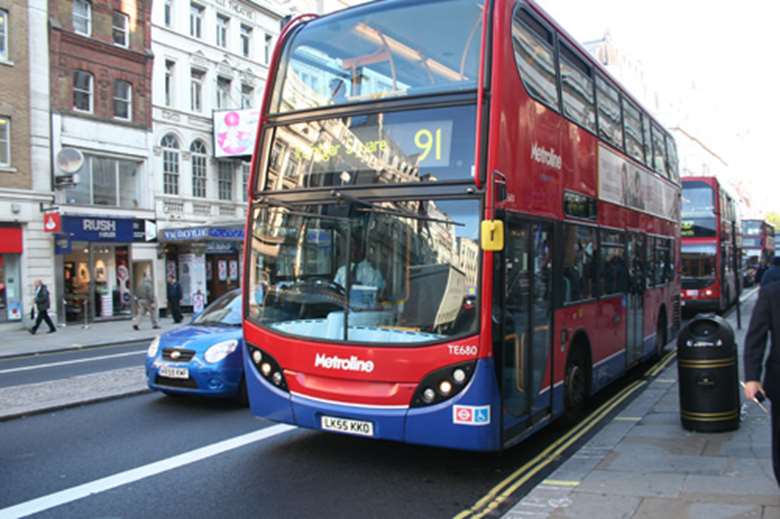Boost to transport training opportunities for young disadvantaged Londoners
Derren Hayes
Monday, March 31, 2014
The organisation that manages London's transport network plans to train and recruit more young people from disadvantaged backgrounds to work for it.

Transport for London (TfL), which oversees the running of the capital’s transport network, wants to increase the number of young people from disengaged groups that take part in its skills and employment schemes over the next three years.
The measure, included in its recently published Delivery Plan for Schools and Young People, is a key performance indicator for TfL, and could lead to the expansion of training programmes targeted at helping young people who are not in education, employment or training (Neet) and young offenders.
TfL’s education programmes work with disengaged groups to encourage them to consider a career in transport and acquire a better understanding of work skills. Since 2009, more than 2,600 apprenticeships have been created by TfL and its suppliers, it claims.
Last year, more than 3,000 schools, colleges and voluntary youth organisations engaged with one of the 11 programmes. These include a four-day training course for young people who are Neet, linking them with possible job opportunities; and track-maintenance apprenticeships for young offenders.
Other priorities in the delivery plan include reducing youth-perpetrated crime on public transport, the number of young people who are victims of crime and the rate of transport-related injuries. TfL has 11 community and personal safety schemes targeting work in crime hot-spot boroughs.
Around 2.8m Londoners are aged under 25, a third of the city’s population, making young people’s issues a key consideration for TfL, its commissioner Sir Peter Hendy said.
He added: “Young people still need to be encouraged to choose sustainable travel to create habits for life. They have been disproportionately affected as victims of crime. They also remain at greater risk of injury on London’s roads compared with the rest of the adult population.
“This plan sets out how we will address these remaining challenges, and our future direction for engaging with young people.”




